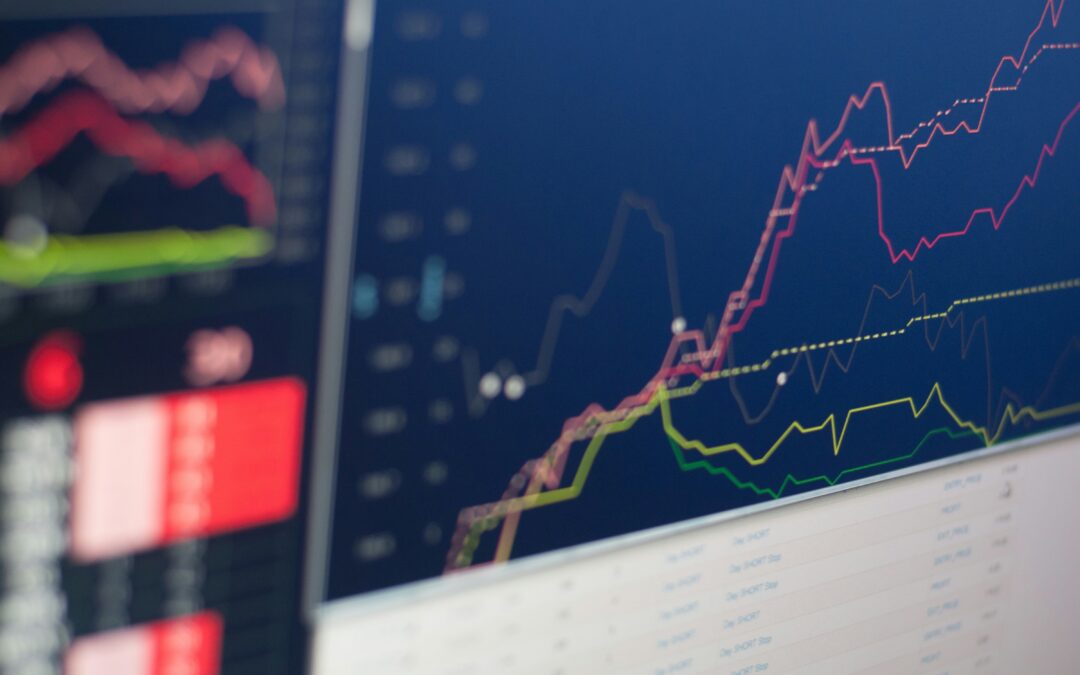In the dynamic landscape of global markets, predictive analytics is a key differentiator that can offer companies a competitive edge. Artificial Intelligence (AI), when combined with the emerging power of quantum computing, is poised to redefine the capabilities of market forecasting. This article delves into how quantum-enhanced AI systems are transforming the art and science of predicting market trends.
## The Emergence of Quantum AI
Quantum AI combines the computational advantages of quantum computing with the pattern recognition capabilities of AI. Quantum computers can process complex datasets much faster than traditional computers, enabling them to perform multiple calculations simultaneously. This capability is critical in analyzing the vast amounts of volatile market data produced daily across global financial systems.
### Multi-Dimensional Data Analysis
One of the standout features of quantum AI in market forecasting is its ability to handle multi-dimensional data with ease. Traditional AI systems can struggle with the “curse of dimensionality,” where the performance degrades as the number of dimensions in the dataset increases. Quantum AI, however, thrives in these environments, drawing insights from complex, multi-faceted datasets that reflect the intricacies of global markets.
### Predictive Accuracy and Speed
The superior processing power of quantum computers enhances the predictive accuracy of AI models by allowing them to consider more variables and complex patterns. This not only improves the accuracy of predictions but also significantly reduces the time taken to generate these forecasts. Faster predictions mean businesses can react more swiftly to market changes, capitalizing on opportunities or mitigating risks in near real-time.
## AI-Driven Scenario Planning
Quantum AI trading software facilitates advanced scenario planning by simulating a range of possible future market conditions. This capability allows businesses to prepare for various outcomes by testing different strategies under simulated market scenarios. Such planning is invaluable for risk management and strategic decision-making, giving businesses a clearer view of potential future states and how they might navigate them.
### Enhancing Market Sentiment Analysis
Market sentiment analysis traditionally relies on natural language processing (NLP) to gauge the mood of the market based on news articles, social media posts, and other textual data. Quantum AI takes this a step further by integrating quantum algorithms with NLP, enhancing the ability to decode subtle nuances and emerging trends from vast amounts of unstructured data. This enhanced sentiment analysis is particularly useful in volatile markets where public sentiment can significantly influence market dynamics.
## The Future of Quantum Predictive Analytics
As quantum technology and AI continue to evolve, their integration is expected to create more robust predictive tools that will become essential for financial analysts, investors, and policymakers. These tools will offer deeper insights and more accurate forecasts that can help steer economic decisions on a macroeconomic scale.
## Conclusion
The role of AI in forecasting market trends is becoming increasingly pivotal as technology advances. With the integration of quantum computing, AI’s predictive powers are expanding, offering unprecedented speed and accuracy in market analysis. As businesses continue to adopt these advanced technologies, the potential for quantum AI to influence financial markets and broader economic landscapes grows, heralding a new era of informed decision-making powered by cutting-edge technology.

